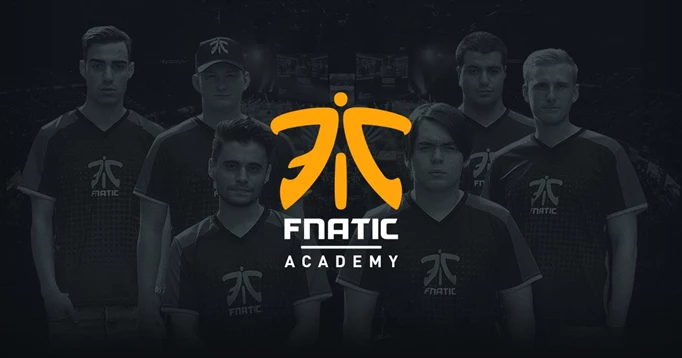Are Academy Teams Worth Funding?

Academy teams have almost become traditional roster divisions within esports. While they don’t produce a lot of revenue from tournaments, some argue that these teams help create players of the future. This is true in some cases, but it certainly costs a lot of money to maintain these teams. Besides building academy rosters, other orgs take a different route when hiring rookies. Foundations such as forZe and Pasha Gaming School offer paid courses allowing players to expand on their skills; these courses steer towards the educational factors of pro gaming. At the end of the day, these orgs are able to teach up and comers while turning a profit. This isn’t the same outcome for most academy team owners.
ACADEMY TEAMS IN 2020
NAVI recently formed their academy team in 2019 with a total of eight players; some are obviously substitutes, and some of which came from the NAVI Esports Camp. The team started off their debut year with zero earnings, a rough start but to be fair they’re still learning. Fast track to 2020, they’ve earned nearly twenty grand and participated in B-Tier events, but while those numbers look good on paper, it’s not enough to turn a profit. Unless NAVI has a contract holding these players for five or more years, the end results could lose money for the team. The roster definitely has the skill to play outside their age range - they’ve beaten teams including Gambit, HAVU Gaming, and Team Spirit.
- Read More - Anticipated CS:GO Prospects In ESEA
EDUCATION IN ESPORTS
A Russian team known as forZe has taken a different course of action. They offer a variety of programs from light to semi-pro, which are also taught by professional Counter-Strike: Global Offensive (CS:GO) coaches. The staff is made up of Anatoliy “liTTle” Yashin and Aleksandr “zoneR” Bogatyrev who’ve both been in the industry for years. As a player, liTTle had a promising career after placing first in the CIS Minor Championship in 2016. He earned thirty thousand dollars with FLuffy Gangsters but later moved onto coaching. As a coach, he led forZe to a majority of their success and decided to move onto teacher nearing the end of his time with esports. Recently banned coach zoneR led a team of rookies to the StarLadder Berlin Major and helped Hard Legion Esports gain their peak earnings. The courses can cost up to three hundred dollars but are also run by controversial coaches.
Recently retired(CS:GO) player Jarosław “pashaBiceps” Jarząbkowski has started his own esports program. Pasha Gaming School is open for business and plans on creating some competition with other teams. They already have four sponsors and multiple social media outlets. Pasha’s company offers MVP prizes, including brand new PC builds for determined players. While this school has no connection to pasha’s newest team, it’s still an affordable business that only relies on customers. The best part is that all tournaments are hosted on FACEIT, providing easy to access education. All VAC banned accounts are not allowed to participate in the league, offering a reliable place for rookies to learn and play.

 Click to enlarge
Click to enlargeSUCCESS STORIES
An important thing to look into is the list of academy teams that have shut down. Fnatic Academy was active for two years with one major victory. The best thing to come out of the organisation was Maikil “Golden” Kunda Selim, the four-time trophy player with five hundred grand in earnings. Fnatic gave him a shot in his debut year of playing, and it paid off - not only did he become a star player, but he also made the academy profitable. The rest of the players moved onto C-Tier teams including Jalapeno and TEAM5. Out of ten players and two years of contracts, Fnatic was lucky enough to find one suitable player for their main roster.
North also found their academy team wild with consistent results. They played for just over a year and once housed some great players. As a result, they earned forty thousand dollars, but most importantly formed a future roster. Nicklas “gade” Gade was moved to the main roster and has been with them ever since. He’s helped North earn over three hundred grand and has become a profitable asset for the team. Johannes “b0RUP” Borup spent his early years with the academy before getting signed with Tricked Esport.
END RESULT
Looking at all the teams that started academy rosters, it’s safe to say that there’s a trend. Bigger orgs such as Fnatic and North found success with their rookie rosters because they had the money to fund them. On top of that, their main teams were already doing well and bringing in profits. As for the educational programs - they offer players courses without unnecessary contracts, meaning players can join anytime they want without the commitment. The best way to start an academy team is to first perfect the original roster and make sure the company has one stream of passive income before investing in another division.
Images via Team Spirit Academy | Fnatic Academy
